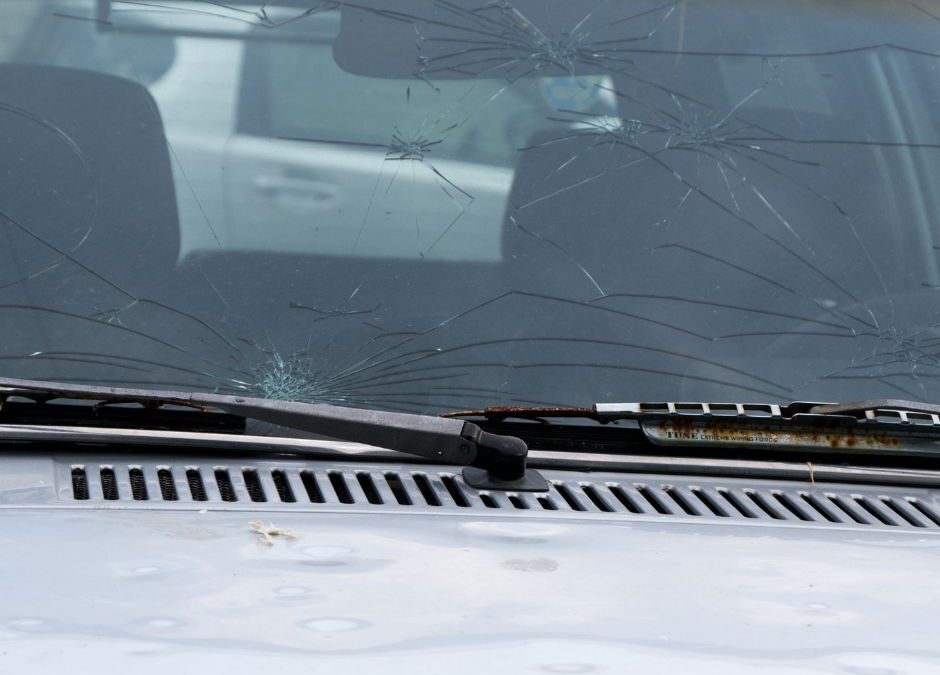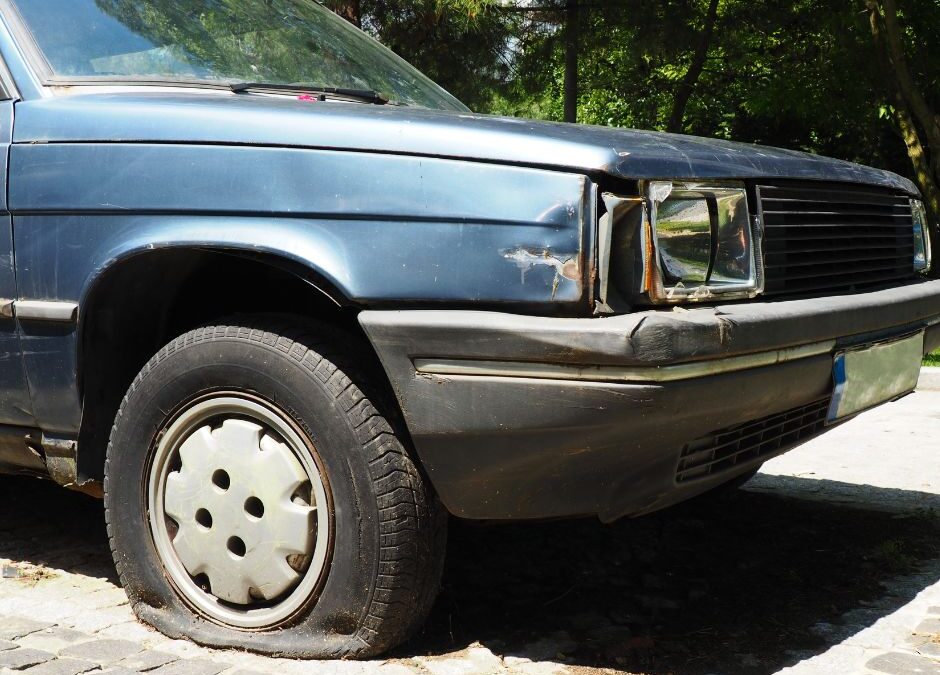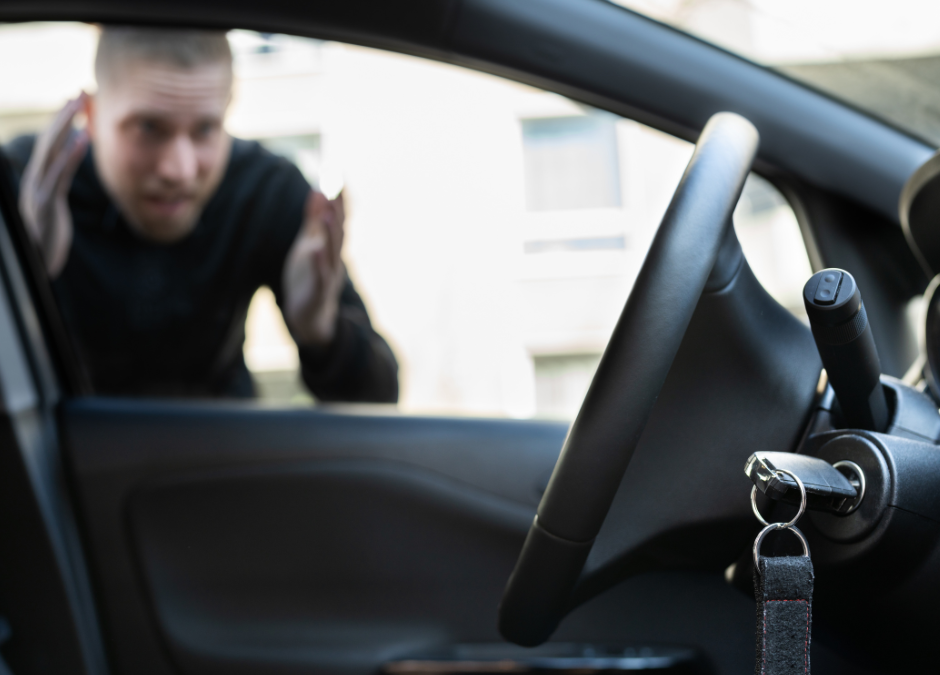
As the scorching Australian summer sun beats down, car owners often find themselves facing a familiar adversary: engine overheating. The sweltering temperatures can put a significant strain on a vehicle’s cooling system, leading to potential breakdowns, costly repairs, and inconvenient delays. However, with proper awareness and a few preventive measures, you can ensure that your engine remains cool and your summer drives remain enjoyable.
Causes of Overheating:
- Engine overheating – This occurs when the temperature of your vehicle’s engine exceeds safe operating limits. This can be caused by a range of factors, many of which are exacerbated by hot summer conditions:
- Low Coolant Levels – Coolant, also known as antifreeze, is a crucial component for maintaining proper engine temperature. If the coolant levels are too low, the engine won’t be able to dissipate heat effectively.
- Radiator Issues – The radiator plays a crucial role in cooling the engine by dissipating heat from the coolant. Clogs, leaks, or damage to the radiator can impede this process, leading to overheating.
- Thermostat Malfunctions – The thermostat regulates the flow of coolant through the engine. If it fails to open and close as needed, the engine may overheat.
- Cooling Fan Problems – Cooling fans help to lower the temperature of the coolant as it passes through the radiator. Malfunctioning fans can result in inadequate cooling.
- Blocked Airflow – Dust, debris, or even leaves can accumulate in front of the radiator, obstructing the flow of air and preventing proper cooling.
Recognize the Signs of Overheating:
It’s crucial to be able to recognize the early signs of engine overheating to address the issue promptly. Keep an eye out for the following indicators:
Temperature Gauge:
If the temperature gauge on your dashboard starts to climb into the red zone, it’s a clear indication that your engine is overheating.
Steam or Smoke
If you notice steam or smoke coming from under the hood, it’s a sign that your engine is too hot.
Strange Smells
An overheating engine can produce unusual odors, often resembling burning or hot metal.
Reduced Performance
Your vehicle’s performance might suffer if the engine is overheating. You might experience a loss of power or responsiveness.
Preventive Measures for a Cool Summer Drive:
Thankfully, there are several steps you can take to prevent engine overheating and ensure a smooth summer driving experience:
- Regularly Check Coolant Levels: Make it a habit to check your coolant levels regularly, especially before embarking on long journeys. Top off the coolant if necessary, but ensure you’re using the correct type recommended by your vehicle’s manufacturer.
- Inspect the Radiator: Periodically inspect your radiator for signs of damage or blockages. Clean any debris that may have accumulated and address any leaks promptly.
- Monitor Engine Temperature: Many modern vehicles have an engine temperature gauge on the dashboard. Keep an eye on it while driving, and if you notice it climbing, pull over and let the engine cool down.
- Maintain Cooling System Components: Regularly inspect and maintain components like the thermostat and cooling fans. Replace them if they’re not functioning correctly.
- Proper Parking: During the hot summer months, try to park your vehicle in shaded areas whenever possible to minimize sun exposure and heat buildup.
- Use Your Air Conditioning Wisely: Running the air conditioning puts an additional load on your engine. While it’s essential for passenger comfort, use it judiciously, especially when you’re driving in heavy traffic or climbing steep hills.
- Scheduled Maintenance: Follow your vehicle’s recommended maintenance schedule. Regular check-ups with a qualified mechanic can catch potential issues before they lead to overheating.
Engine overheating can put a damper on your summer adventures, but by staying vigilant and taking proactive measures, you can minimize the risk of encountering this common problem. Regularly check coolant levels, maintain your vehicle’s cooling system, and be mindful of the signs of overheating. With proper care, your engine will stay cool, and you can enjoy the sunny Australian summer without any unnecessary pit stops.











0 Comments